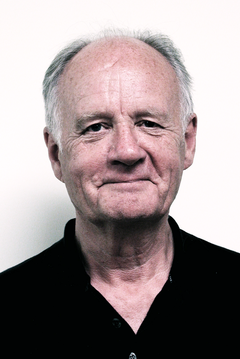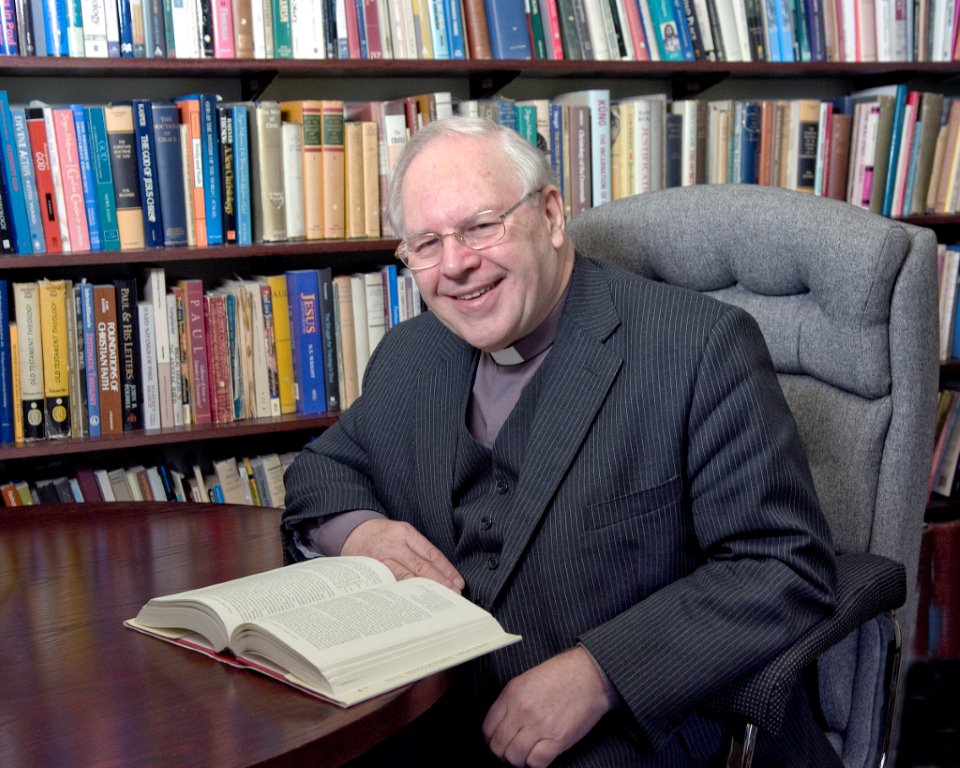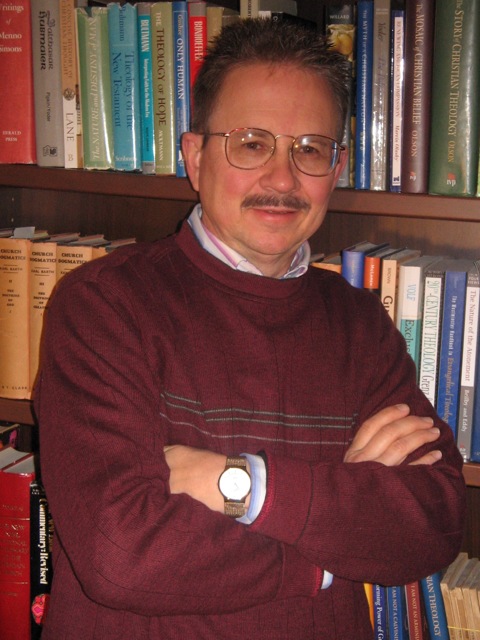
In his discussion of Calvin’s doctrine of Scripture, Paul Helm betrays a somewhat rationalist approach to the internal witness of the Spirit:
Calvin is not here saying that the activity of the Spirit which is sufficient to establish the authority of the Word of God is unreasonable or irrational or non-rational in character. How could that be when the Spirit is the Spirit of the most wise and all-knowing God? “Scripture is its own evidence” means what it says. The Spirit’s work is not purely subjective persuasion, a groundless feeling of conviction. It is rather that the Spirit testifies to or illumines the cognitive content of the objectively true Scripture. Strictly speaking, such illumination does not need any rational or empirical considerations external to the message of Scripture to add further support to it even though such data may be provided.
In Calvin’s employment of both internal and external proofs of this fundamental feature of his theology, we must note the tension between what we may call the “orderly” versus the “disorderly” aspects of Calvin’s thought. Appealing to the external proofs is “orderly”: such “proofs” can be studied, taught and argued about. By the use of them in preaching and teaching the authority of the Scripture can be safeguarded in the churches. By contrast the internal testimony of the Holy Spirit to the Word is “disorderly”, or at least potentially so; it is granted personally, at the behest of the Spirit who is, as Calvin stresses, sovereign in dispensing this gift. Such a gift and its reception cannot be built into the educational and political structures of the church: it cannot be bequeathed by the church’s ministry to the next generation in any way that guarantees success (Helm, Calvin: A Guide for the Perplexed, 33).
Again, on page 31 Helm argues that,
Self-authentication is a consequence or corollary of Calvin’s emphasis that only God can witness to God and that only if God directly witnesses to himself is that witness thoroughly trustworthy. … How does the Spirit witness? … By powerfully disclosing to us the cognitive and affective content of Scripture, its “message” (original emphasis).
In this instance Helm reports what he wishes Calvin had said rather than what Calvin actually said. In Institutes 1.7.4 Calvin asserts,
Thus, the highest proof of Scripture derives in general from the fact that God in person speaks in it. … We ought to seek our conviction in a higher place than human reasons, judgments, or conjectures, that is, in the secret testimony of the Spirit. … For as God alone is a fit witness of himself in his Word, so also the Word will not find acceptance in men’s hearts before it is sealed by the inward testimony of the Spirit. The same Spirit, therefore, who has spoken through the mouths of the prophets must penetrate into our hearts to persuade us that they faithfully proclaimed what had been divinely commanded.
Calvin’s reference to the Spirit is not that the Spirit illumines the content of Scripture to modern readers as Helm suggests, but that the Spirit convinces the heart of the divine origin of Scripture:
Let this point therefore stand: that those whom the Holy Spirit has inwardly taught truly rest upon Scripture, and that Scripture indeed is self-authenticated; hence, it is not right to subject it to proof and reasoning. And the certainty it deserves with us, it attains by the testimony of the Spirit. For even if it wins reverence for itself by its own majesty, it seriously affects us only when it is sealed upon our hearts through the Spirit. Therefore, illumined by his power, we believe neither by our own nor by anyone else’s judgment that Scripture is from God; but above human judgment we affirm with utter certainty…that it has flowed to us from the very mouth of God by the ministry of men. We seek no proofs, no marks of genuineness upon which our judgment may lean; but we subject our judgment and wit to it as to a thing far beyond any guesswork! … We feel that the undoubted power of his divine majesty lives and breathes there (1.7.5).
It is true that in chapter eight Calvin does detail a number of reasons for regarding the Scripture as inspired and authoritative. But his argument is framed at the beginning and end with statements which insist that such reasons are not authoritative, and are not proofs by which to convince the unbeliever, although they do serve to strengthen the faith of those who are already convinced of Scripture’s authority:
Unless this certainty, higher and stronger than any human judgment, be present, it will be vain to fortify the authority of Scripture by arguments, to establish it by common agreement of the church or to confirm it with other helps. For unless this foundation is laid, its authority will always remain in doubt. Conversely, once we have embraced it devoutly as its dignity deserves…those arguments—not strong enough before to engraft and fix the certainty of Scripture in our minds—become very useful aids (1.8.1).
Calvin’s conclusion to the chapter is similar:
There are other reasons, neither few nor weak, for which the dignity and majesty of Scripture are not only affirmed in godly hearts, but brilliantly vindicated against the wiles of its disparagers; yet of themselves these are not strong enough to provide a firm faith, until our Heavenly Father, revealing his majesty there, lifts reverence for Scripture beyond the realm of controversy. Therefore Scripture will ultimately suffice for a saving knowledge of God only when its certainty is founded upon the inward persuasion of the Holy Spirit. Indeed, these human testimonies which exist to confirm it will not be vain if, as secondary aids to our feebleness, they follow that chief and highest testimony. But those who wish to prove to unbelievers that Scripture is the Word of God are acting foolishly, for only by faith can this be known (1.8.13).
Helm seeks to avoid any subjectivity in the person’s relation to God, and to objectify and rationalise the work of the Spirit. His claim with respect to the nature of the internal witness of the Spirit is at odds with Calvin, and misrepresents his teaching. It is also at odds with the Apostle Paul’s concept of the internal work of the Spirit as an immediate inner witness in the believer’s heart (e.g. Romans 8:12-16 cf. 1 John 2:20, 27).
Of course, we should by all means preach and teach the Scriptures, and even the reasons we might give for trusting the Scriptures. Calvin, too, said this. He also taught the illuminating work of the Spirit with respect to doctrine in Institutes I.ix.1, where he asserts that the Spirit has the task of “sealing our minds with that very doctrine which is commended by the gospel.” But to limit the work of the Spirit to this cognitive-illumining work is to go beyond what Calvin said.
Rather than marginalise the work of the Spirit in the life of the church and the believer, we should teach it and pray for it, expect it and celebrate it, and truly trust that Scripture is indeed self-authenticated because God reveals his grace and power there, as Calvin taught. But never let us be guilty of having more confidence in our own ability to defend and interpret Scripture than in God’s grace and power to make himself known in and through these sacred writings.








